Move over caviar and yachts. The new playground for the wealthy is everyday things. Those once-simple pleasures, like cozy cabins and neighborhood thrift stores, are now undergoing a surprising transformation. What’s driving this change? The love of the wealthy for the unique and undiscovered. But they’ve inadvertently made these experiences out of reach for many. In this article, we’ll explore 14 such things that have been ruined by the rich.
Thrifting

Thrifting, once a humble and budget-friendly way to discover unique treasures, has transformed in recent years. Local thrift stores, once affordable havens for those seeking budget-friendly clothing, have raised their prices.
The trendiness of thrifting inadvertently led to increased demand, allowing thrift stores to charge more. Additionally, the emergence of resellers has impacted affordability. Savvy shoppers now flock to thrift stores, making it harder to find high-quality items.
Cheap Food
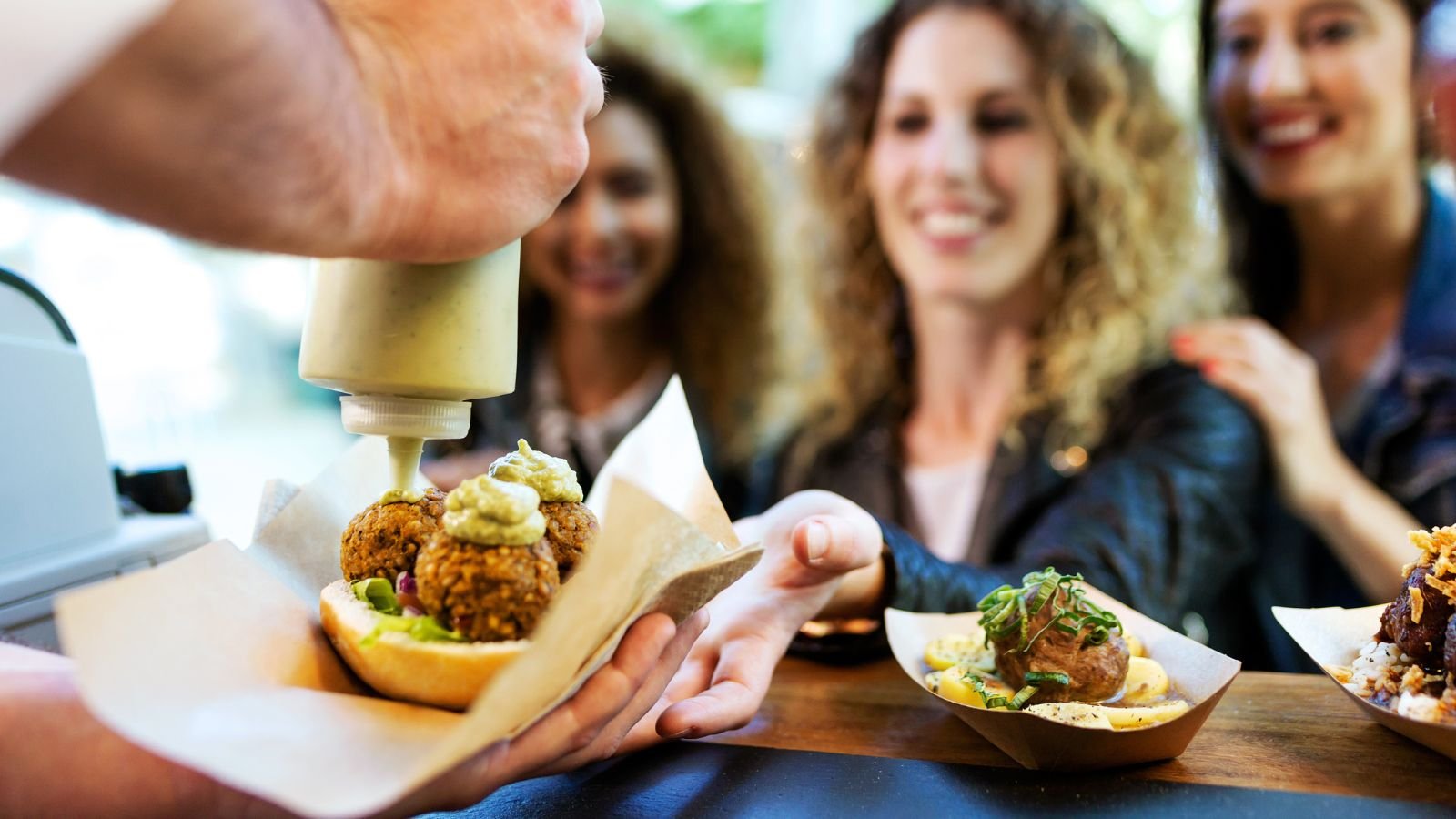
Forget fancy steak—the rich have a new target: your comfort food. Burgers, wings, and donuts—once cheap eats for everyone—are getting a fancy makeover.
These “gourmet” versions come with sky-high prices but not necessarily better taste. As a result, the poor can’t afford their old favorites, leaving them wondering if good, affordable food is a thing of the past.
Coastal Property
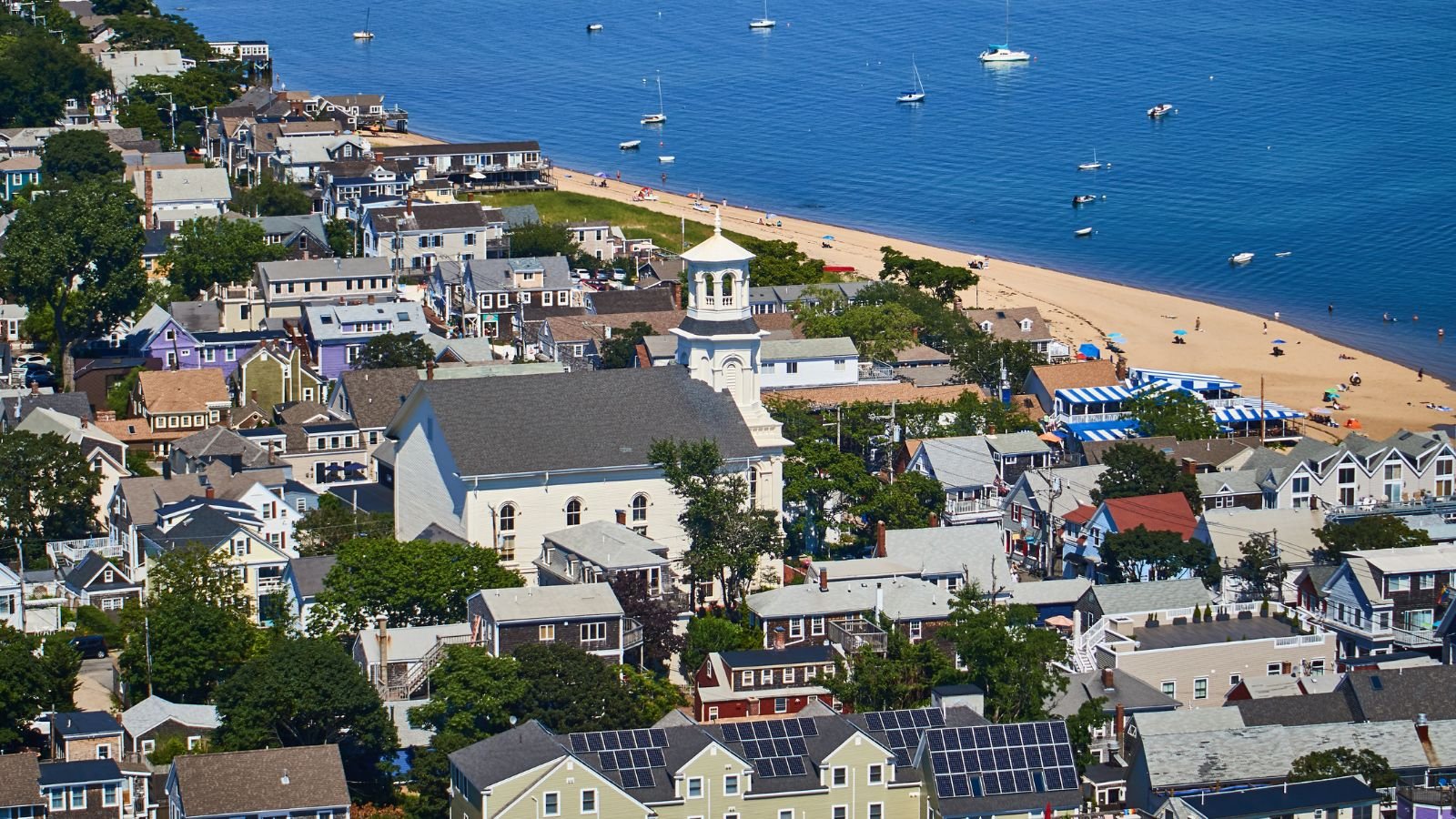
Once upon a time, middle-class people could own a coastal haven. But today, wealthy buyers have inflated prices to unprecedented heights. Even inheriting a beach house can feel like a burden, especially when property taxes soar beyond the reach of the most. So, the beauty of the coast is becoming a luxury few can enjoy.
Farmer’s Markets

Farmer’s markets used to be budget-friendly havens for fresh produce. Now, fancy cheese vendors and overpriced organic kale dominate these markets, catering to the wealthy. Prices have skyrocketed, leaving those who need affordable food on the outside looking in. Even worse, the market is cluttered with MLM booths and sales pitches, pushing out the charm and community spirit that once existed.
Country Cabins

Forget peaceful getaways in hidden cabins. Those idyllic spots by the lake have become overpriced vacation rentals. The culprit here is Airbnb. What started as a way to find affordable, unique stays is now full of investors turning cabins into luxury rentals. As a result, a peaceful escape for the budget-minded has become a distant dream.
Van Living
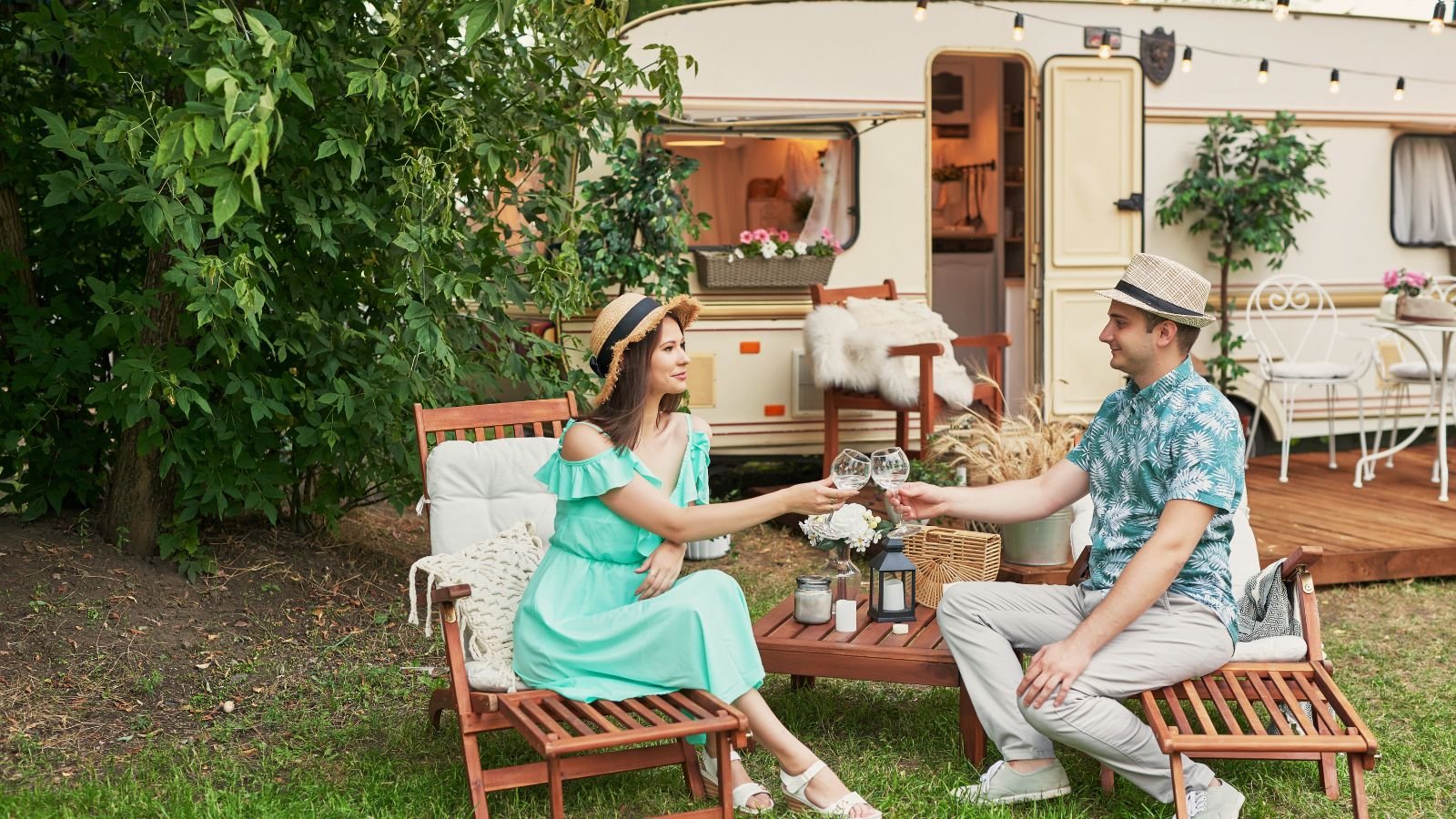
Van life used to be about freedom and resourcefulness, a way for anyone to hit the open road. Now, it’s a world of two extremes. Wealthy folks flaunt their fancy, six-figure van conversions on social media, while those who genuinely need it struggle with basic setups. The van life dream has become a luxury for the rich, leaving the less fortunate on the dusty side of the road.
Live Theater

Live theater, once a night out for everyone, has become a luxury. Ticket prices have soared, putting the thrill of a live performance out of reach for many. It’s a trend leaving some to wonder if the magic of theater is becoming a thing of the past for the average person.
Counterculture Festivals
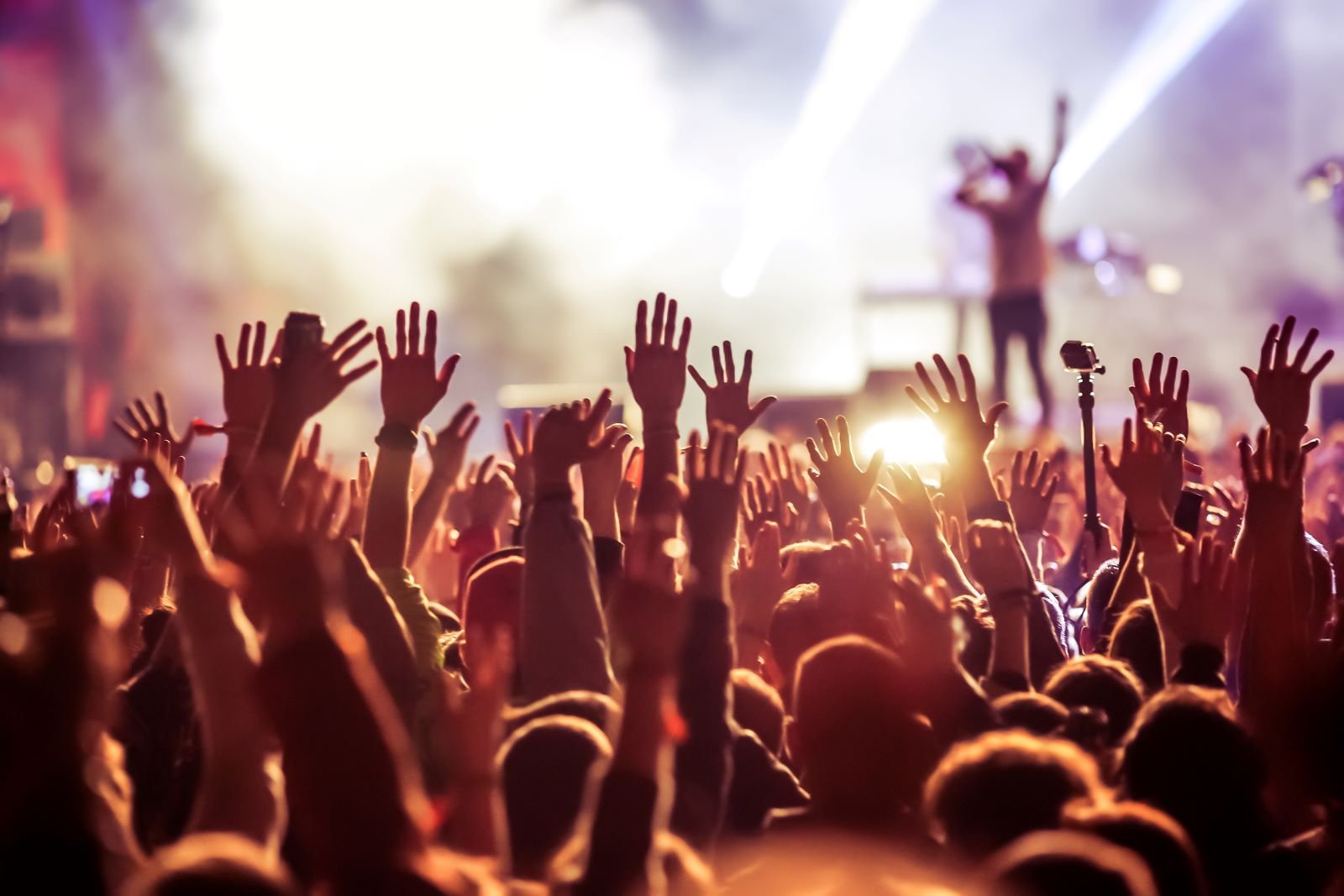
Burning Man, once a haven for free spirits, has undergone a metamorphosis. What began as an experimental gathering of artists, dreamers, and seekers now shares its desert canvas with the wealthy elite. These “nouveaux riches” arrive in opulent RVs, surrounded by bodyguards, and stake out private zones. The irony is palpable: a festival that once celebrated radical self-expression now hosts those who flaunt privilege.
Camping
Camping was once a humble escape—an opportunity to pitch a tent, gather around a lovely campfire, and immerse oneself in nature. Unfortunately, those serene patches of wilderness now come with a price tag. The once-affordable campsites have become exclusive retreats with spa-like amenities, gourmet food trucks, and guided meditation sessions. Pitching a tent in the woods was once free. Now, some sites charge exorbitant fees.
Pickup trucks

Pickup trucks were once the workhorses of the road. They were sturdy, practical, and affordable. Farmers, construction workers, and everyday folks relied on them for hauling, towing, and getting the job done. But the landscape has shifted, and the wealthy now cruise in their $90,000 pickups with leather seats, touchscreens, and climate-controlled cup holders. Owning a high-end pickup truck has now become a status symbol.
Off cuts of meats

Even the butcher shop isn’t safe from the luxury touch. Skirt steak, once an affordable cut for the budget-conscious, is now a trendy menu item. Once considered a waste product practically given away, chicken wings are now a booming industry with inflated prices and questionable portion sizes. The rich have a knack for turning even the most unexpected things into expensive must-haves, leaving those who relied on these affordable options wondering what to put on their plates next.
Storage Unit Auctions

Thanks to shows like Storage Wars, storage unit auctions aren’t the budget-friendly finds they once were. The thrill of scoring cheap furniture is gone, replaced by bidding wars fueled by unrealistic expectations. This has resulted in soaring prices that lock out those looking for a bargain.
Comic-Con

Comic cons were once a gathering of passionate fans, a chance to celebrate comics, movies, and everything geeky. Attendees could chat with celebrities, swap stories with fellow enthusiasts, and revel in the shared love for fictional worlds. What used to be a cozy convention hall now sprawls across acres, complete with themed zones, interactive exhibits, and laser shows. Gone are the days of single-tier entry; a hierarchy of access has emerged, with the wealthy enjoying exclusive panels and swag bags while others struggle to afford basic admission.
Food Banks
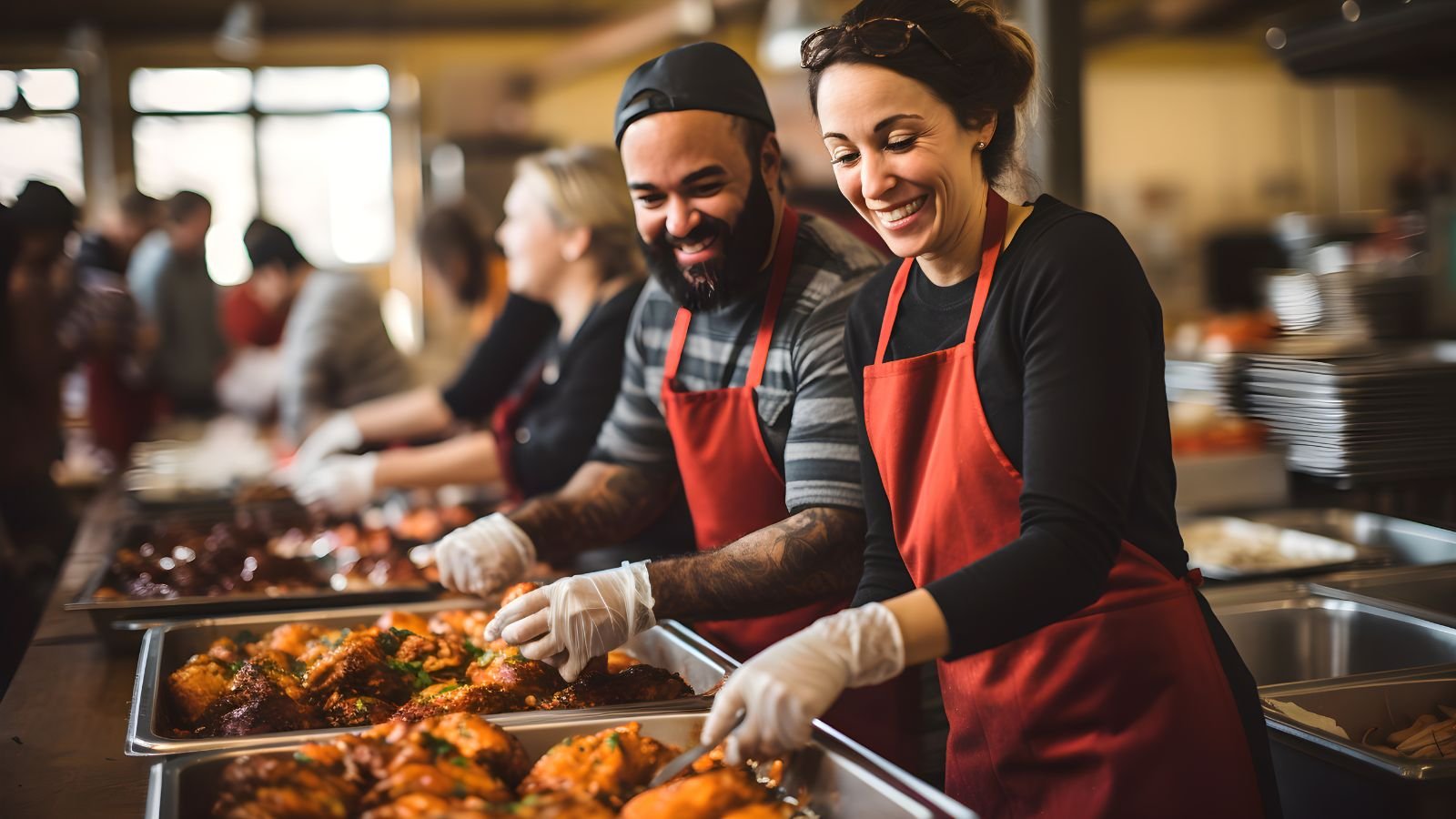
Once, food banks were lifelines for people in need. Families in dire straits relied on these humble resources to put meals on the table. What used to be a last resort for those struggling to make ends meet now attracts a different crowd. The well-off, seeking to trim their grocery bills, treat food banks as a convenient life hack. This strains resources and creates longer wait times, potentially forcing the most vulnerable to go without.
